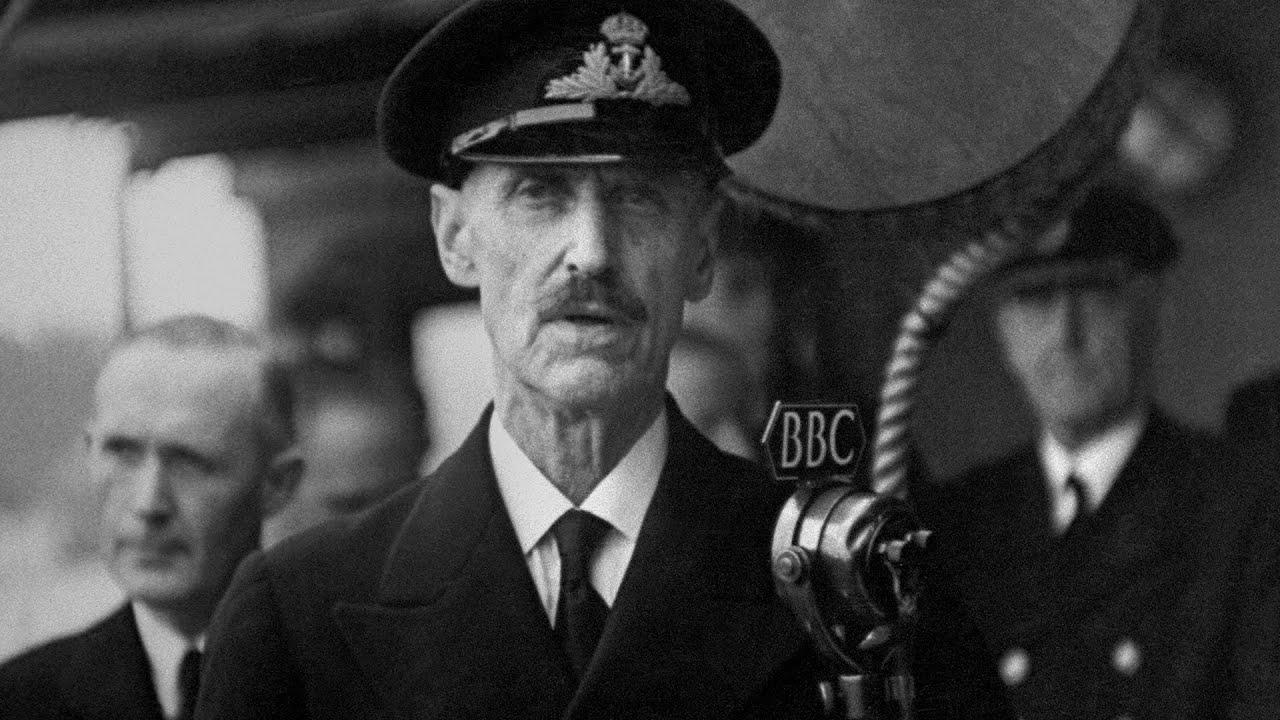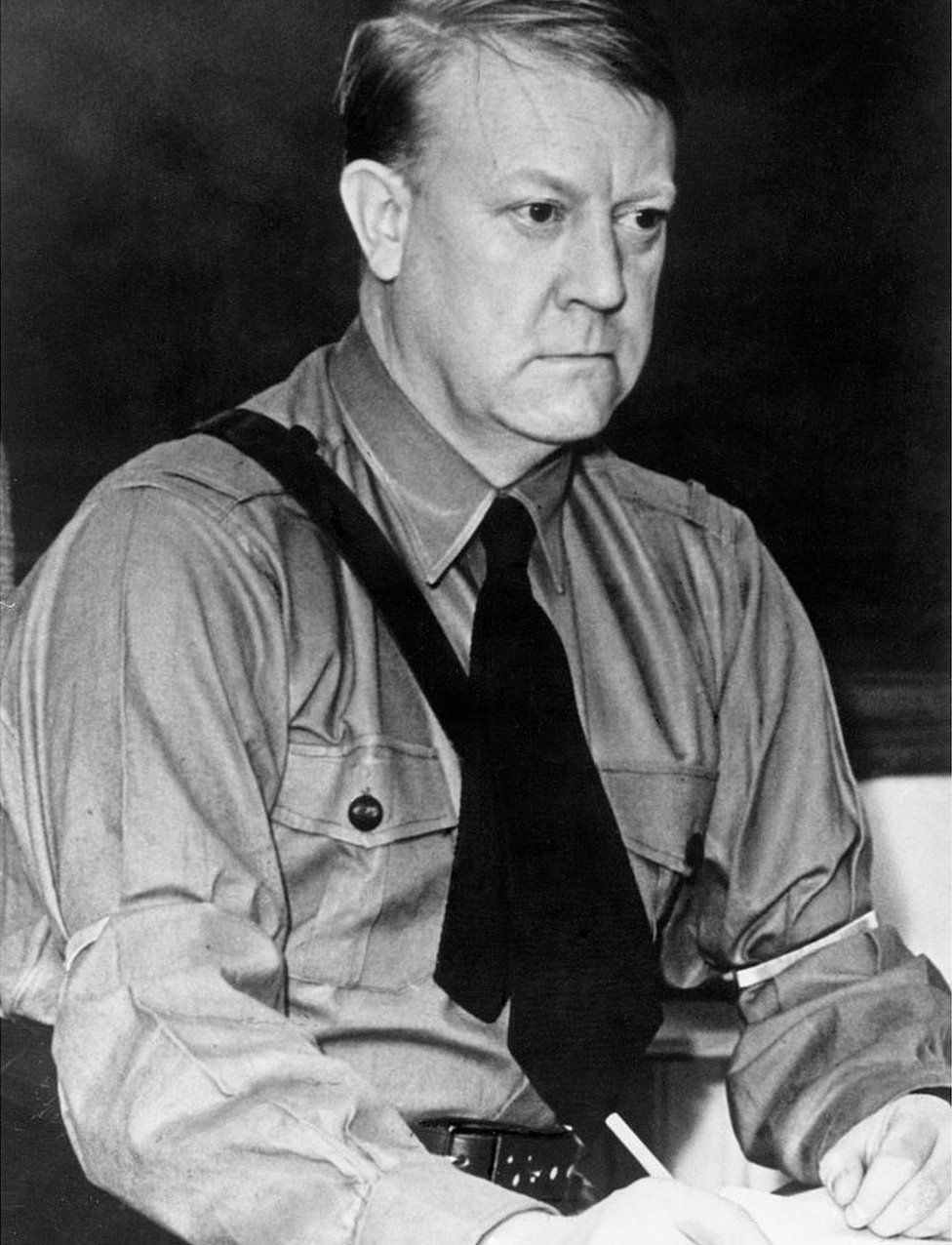 |
| King Haakon VII |
We were watching a film the other day about the Nazi invasion of Norway, The King's Choice. Fascinating movie with plenty of historical information. (Prepare for a digression.) I never knew, for example, that the king of Norway was elected by the people. He was actually a prince of Denmark, Prince Carl, but when Norway separated from Sweden and the king of Sweden voluntarily abdicated, Norway asked him to become king. He only agreed if the people wanted to continue the monarchy rather than choose a republic. They voted to keep the monarchy and he ascended the throne in 1905 choosing a historic Norwegian name, King Haakon VII.
The reason I got curious about all this was, once again, Steinbeck's novel, The Moon is Down. The collaborator in his novel who prepared the way for the enemy invasion was named George Correll. I suspect that Steinbeck had the Norwegian collaborator, Vidkun Quisling, in mind. Like, Correll, Quisling took over the government in a coup and welcomed the occupying force, despite his unpopularity with the people. The Nazis did everything they could to get the king to accept Quisling's position. He would not and eventually fled the country and spent the war years in Great Britain.
 |
| Vidkun Quisling |
Which brings me back to the issue of words that enter a language based on a person's name. I'll list a few:
quisling: noun - 1 -- a traitor who serves as the puppet of the enemy occupying his or her country; 2 -- a traitor who collaborates with the enemy; 3 -- someone who collaborates with an enemy occupying force.
bork: verb -- 1 -- to defeat a judicial nomination through a concerted attack on the nominee's character, background and philosophy. 2. -- to misconfigure, especially a computer or other complex device; to break or damage. [This word arose from the disgraceful attack on Judge Robert Bork by Ted Kennedy and Joe Biden during his nomination hearing to the Supreme Court in 1987]
pan: Pan is a Greek god who was mischievous sprite of the woods and liked to scare travelers. The association with "panic" is clear, but one might also consider the desire to raise fear through exploiting "pandemics."
The words chauvinism, guillotine, braille, martinet, narcissism, tantalize, sandwich, sideburns, fahrenheit, mesmerize, bloomers, diesel, cardigan, and many more all developed from people's names. Even the name of our country, America, belongs to a mapmaker who produced an early map. It would make more sense for us to be called Columbia.
If you're as fascinated by words as I am, you can check out other words that came into the language based on people's names. Here are a few sites to get you started:

I used to read dictionaries. I love words and learning where they came from.
ReplyDeleteI just got The Moon is Down from the library based on your recommendation.
"Epsteined" - verb - to be "suicided" by You Know Who
ReplyDeleteI recently read "When Paris Went Dark" about the Nazi occupation of Paris. A really good read based on diaries and letters of various Parisiennes who were there. (Germans were tolerated with contempt in order to preserve their beloved city and its architectural treasures.) It makes you think about how different the French were compared to the British who said they would NEVER GIVE UP and endured tremendous structural damage from bombing.
ReplyDeleteImagine if England had said, yes, we won't resist if you cross the channel, just please, don't tear up London. We don't care what you do, just leave the architecture and heritage in tact.
ReplyDelete